A few weeks ago, I was back “up the hill” in Northern Sumatra visiting our Tiga Raja mill. Most of my travels to the region over the years have revolved around learning about processing and supply lines — and exploring the different regions and terroir which supply our Tiga Raja Mill.
Our mill operates as a three way partnership between Five Senses Coffee, our mill operators and Talenta, our farm cooperative and parchment supply network. On this trip, I focussed on a study that is part of a research project funded by the Australian Centre for International Agricultural Research (ACIAR), being implemented by a research team at the University of Sydney (led by Dr Jeff Neilson) in conjunction with the Indonesian Coffee and Cocoa Research Institute. This survey is a welcome “report card” on the social and economic impact of owning a mill in Sumatra, a report card which will focus on the farmer’s perspective and hopefully, yield tangible and objective data for the improvement of the relationship.
Tony Marsh is a contract researcher to the University of Sydney, and is responsible for overseeing the survey. He has vast experience and knowledge of coffee from over 20 years spent in Papua New Guinea and Indonesia — arguably two of the more prominent small holder regions with close ties to Australia. This study focuses on the economic and social benefit that relationship supply models can have on small holder farmers. Tony’s experience and ability to implement this social survey only scratched the surface of some of the other discussions which developed while he was at the mill. Two key developments and other avenues for research and improvement were identified; pulper damage and coffee berry borer (CBB) control. These appear to be two of the largest issues affecting productivity, yield and quality throughout Indonesia, especially in the regions in Northern Sumatra around Lake Toba — but that’s another whole blog post!
One of the key terms used for this type of research is “value chain structures” — a term used to recognise all the handling points involved in getting coffee from the branch of a coffee shrub to its end use.
The survey will be run twice with a three year testing window to measure changes in the survey content and testing fields. It will be implemented across three other supply models and relationship types in order to get a real base line of understanding and information. The aim is to compare and analyse the value chain structures of several supply models (our mill just being one) to identify their strengths, weaknesses and performance.
What makes this survey so unique is that it focuses on the farmers’ responses to a large number of topics. Some of these relate directly to the farmer and are agricultural in nature e.g. size of their farms, labour sources, prices paid to workers, agricultural and horticultural practices used, do they fertilise and prune, do they use pest and disease spray, what safety measures do they take and do they know which cultural methods are organic? There is also a focus on other, bigger picture questions such as market awareness, where their coffee goes and do they know what it is used for? Have they heard the name Five Senses Coffee and do they know who Talenta is? A total of some 40 or so questions aim to triangulate accurate and unprompted ‘yes’ and ‘no’ answers.
In total, two hundred coffee farmers who supply parchment to our Tiga Raja Mill will be surveyed and two distinct categories of Talenta supply members will be tested; 100 of these are loyal members of Talenta who give us first refusal on their crop (which we purchase and pay a premium for if quality standards are met). The other 100 members are contributors who opt to shop for the best price from the many vendors in the frantic landscape of Indonesian supply and demand.
Great Rich, but what does this mean for Tiga Raja Mill?
Well, the thrust to own and operate a coffee mill has centred on removing certain key chain structures (some unknowingly) with the simple goal of bridging the gap between the farmer and the consumer. We bought a mill in Indonesia for several reasons but primarily for relationship, traceability, supply and quality. By participating in and encouraging this survey, we get a report card detailing what (if anything) we have achieved toward the wellbeing of the hardest to reach but most impacted stake holders, the farmers. Today and several years on, by my own admission many of the benefits to the farmer are still theorised and hypothetical — driven by relationships not ‘hard data’.
With this survey and study in place, we have the opportunity to understand our partnership further and identify the key areas that need improvement — what better way to establish the truth of the situation than by asking the farmers themselves?
Some facts are indisputable; we now own a mill in Sumatra, we have established a solid three way partnership there and we have delivered quality coffee which we think has a market leading flavour profile and ethos. Enormous thanks are due to our partners on the ground — our mill operators and the Talenta group (our parchment supply network). Under challenging conditions, our partners continue to push boundaries and run the vehicle that allows us to have a significant network of relationships in the region. We are also very privileged and grateful to have had Tony Marsh with us at the mill to implement this survey on behalf of the University of Sydney.
Keep an eye out for more news as we go forward. We aim to bring you more information on this research as the lengthy and very comprehensive study takes shape and results come to hand.










